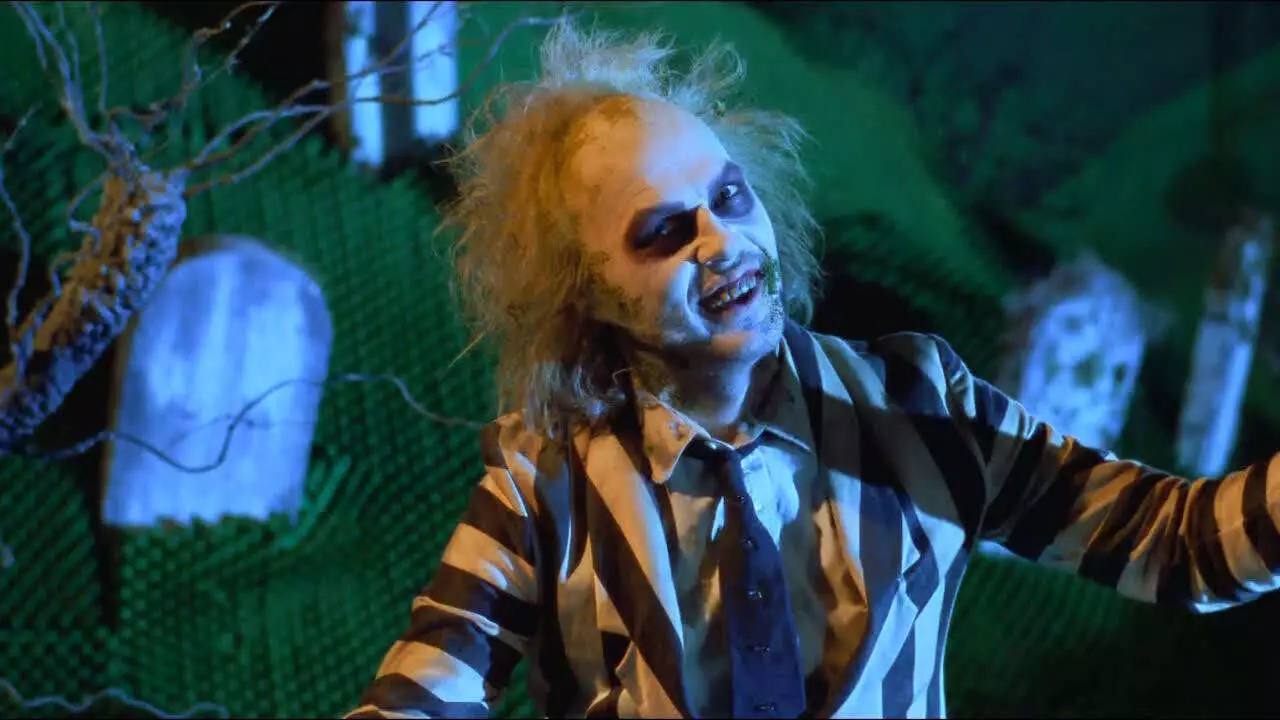The much-anticipated sequel to the beloved 1988 classic Beetlejuice has achieved remarkable success at the box office, raking in $264 million globally within its first two weeks of release. Initially, there were discussions within Warner Bros. about a potential release on their streaming platform, Max. However, this notion was swiftly dismissed by co-chair Pamela Abdy. She emphasized the importance of Tim Burton’s artistic vision, stating, “You’re talking about a visionary artist whose films demand to be seen on a big screen.” This sentiment resonates with many fans who appreciate the immersive experience that a theatrical release provides, especially for a film imbued with Burton’s unique style.
The journey to producing a Beetlejuice sequel has been anything but straightforward. For a decade, Warner Bros. engaged in various discussions about possible storylines, including the now-abandoned concept of Beetlejuice Goes Hawaiian. Such extensive deliberations highlight the studio’s commitment to reviving this franchise while ensuring that it stays true to its roots. Burton’s involvement has been particularly notable, as he directed several episodes of Netflix’s Wednesday, indicating his enduring relevance in contemporary cinema. This long-standing relationship with the studio ultimately culminated in a collaborative effort to ensure that the sequel received the theatrical treatment it deserved.
Financial considerations played a significant role in the sequel’s production decisions. Initially, the film’s projected budget soared to $147 million, largely due to high salaries and producer fees. In a strategic move, Abdy and her co-chair Michael De Luca approached Burton to negotiate a reduced budget. The final agreed-upon budget of $99 million was below the crucial $100 million mark, enabling Warner Bros. to greenlight the project. As part of the deal, many cast and crew members were offered back-end deals that linked their compensation to the film’s box office performance, aligning incentives and fostering a collaborative environment on set.
The decision to prioritize a theatrical release has evidently paid dividends, as evidenced by the film’s impressive domestic earnings of over $190 million and its consecutive weeks atop the U.S. box office. Box office analysts project that the film will surpass the $200 million mark shortly, solidifying its status as a commercial success. De Luca’s description of the post-release atmosphere at Warner Bros.—”[We were] dancing in the hallways, smiles on faces”—captures the euphoria surrounding the film’s performance, reflecting the studio’s belief that they made the right call.
For longtime fans, the sequel’s success presents an opportunity to revisit the original. The classic Beetlejuice movie is now available on 4K Blu-ray, and there’s even a DVD box set of the animated series, ensuring that both new and returning audiences can enjoy the rich universe created by Burton. The triumphant return of Beetlejuice not only serves as a testament to the film’s enduring legacy but also showcases the importance of artistic vision in navigating the complexities of modern filmmaking.

